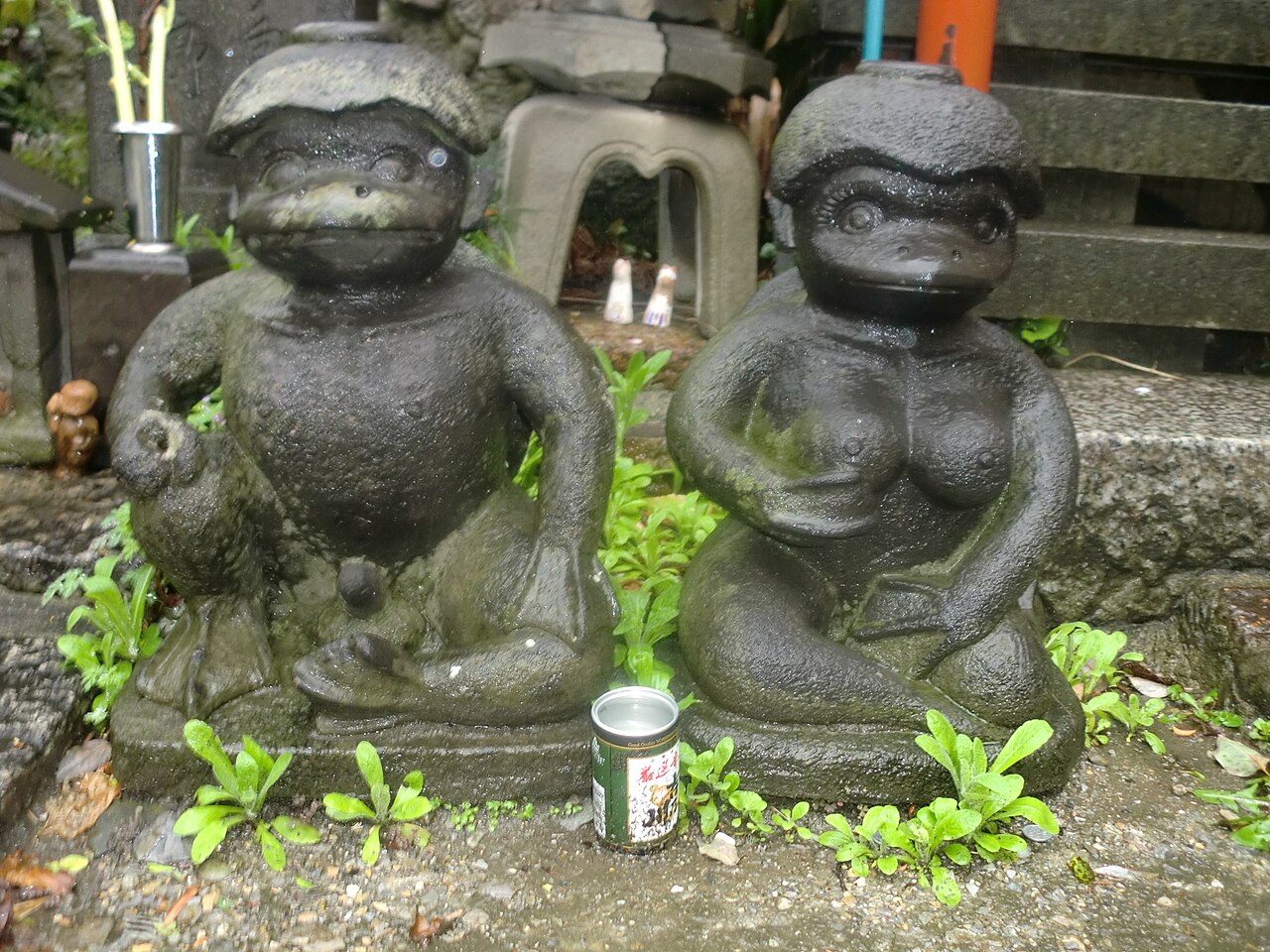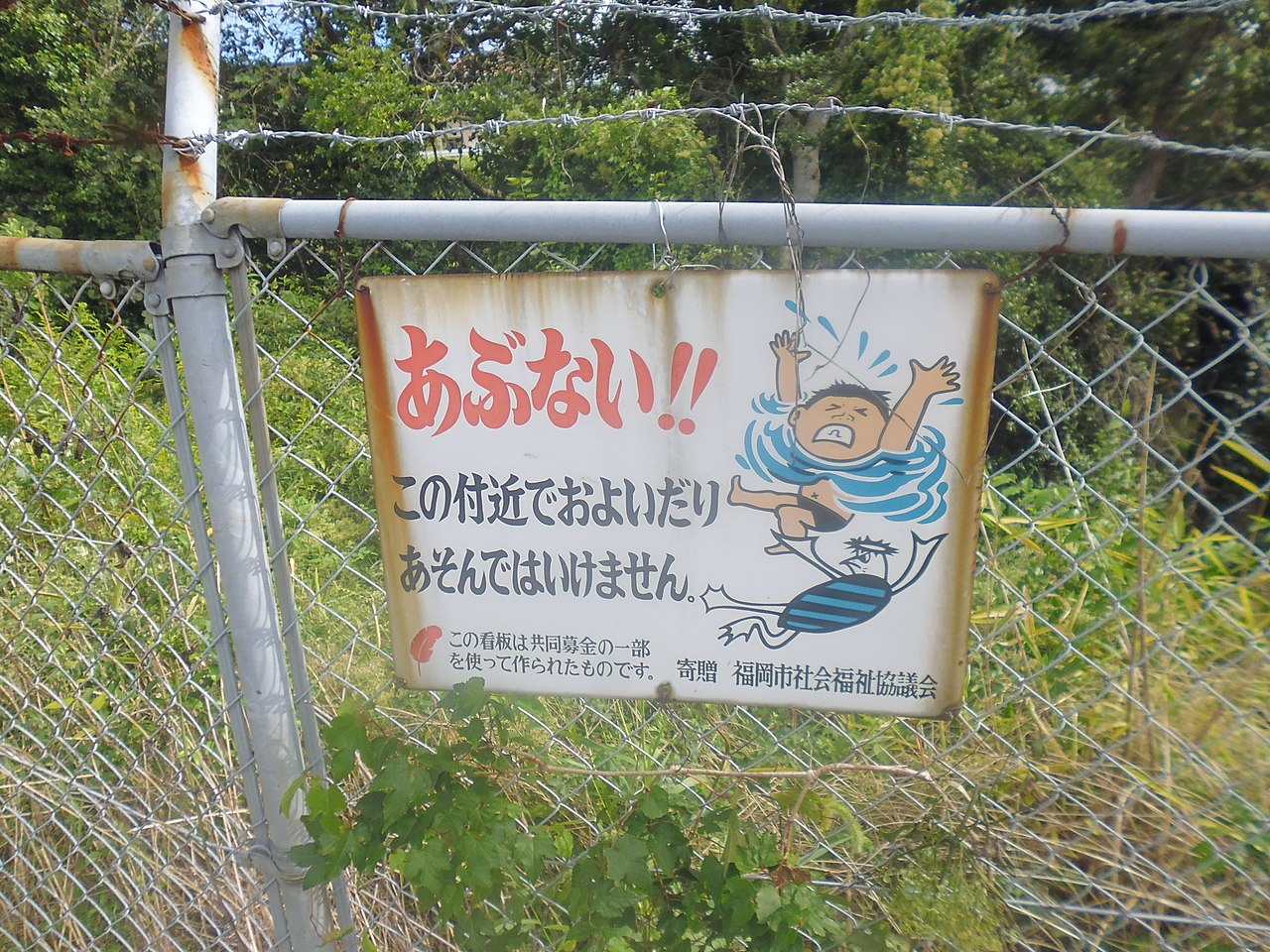Which anime do you recognise? Let’s list them on the board.
3. Storytelling teams. Who are you collaborating with? On the board I will write the teams and the stories. We will decide on an order for the performances.
Kappa stories




The psychological analysis of Japanese Kappa stories can delve into various aspects of culture, folklore, and the human psyche. Kappa are mythical creatures in Japanese folklore often depicted as humanoid water creatures with a dish-like depression on their heads. Analyzing the psychological elements of Kappa stories involves exploring cultural symbolism, societal fears, and the human imagination. Here are some psychological aspects to consider:
- Cultural Symbolism:
- Water Symbolism: In many Kappa stories, water is a significant element. Water often symbolizes the subconscious, emotions, and the unknown. The presence of Kappa in water may represent the mysteries of the human psyche and the fear of the unknown.
- Community Values: Kappa stories sometimes involve these creatures challenging community values. Analyzing these narratives can provide insights into societal norms, expectations, and fears.
- Fear of the Unknown:
- Kappa stories often evoke fear of the unknown. Psychologically, this can be linked to the human tendency to fear what cannot be easily understood or controlled. The mysterious nature of Kappa may tap into primal fears and the human instinct to be cautious in unfamiliar situations.
- Moral Lessons:
- Many folklore stories, including those about Kappa, often convey moral lessons. Analyzing the psychological impact of these moral lessons can reveal insights into the cultural and societal values prevalent at the time the stories originated.
- Cognitive Psychology:
- Examining how Kappa stories challenge cognitive processes, such as problem-solving, decision-making, and critical thinking, can provide insights into the cognitive aspects of storytelling and folklore transmission.
- Archetypal Analysis:
- Psychologist Carl Jung’s concept of archetypes could be applied to analyze Kappa stories. The Kappa may represent a cultural archetype embodying certain human fears, desires, or challenges. Exploring these archetypal elements can offer psychological depth to the analysis.
- Impact on Individual and Collective Psyche:
- Analyzing how Kappa stories influence the individual and collective psyche within Japanese culture can provide insights into the role of folklore in shaping perceptions, fears, and coping mechanisms.
- Integration with Modern Psychology:
- Connecting traditional Kappa stories with modern psychological theories and concepts can provide a bridge between ancient folklore and contemporary understanding of the human mind. This interdisciplinary approach allows for a richer and more nuanced analysis.
In summary, the psychological analysis of Japanese Kappa stories involves exploring cultural symbolism, fears, moral lessons, cognitive processes, archetypes, and the impact of folklore on individual and collective psyches. It offers a fascinating lens through which to understand the intricate relationship between culture, storytelling, and the human mind.
Mangajin.